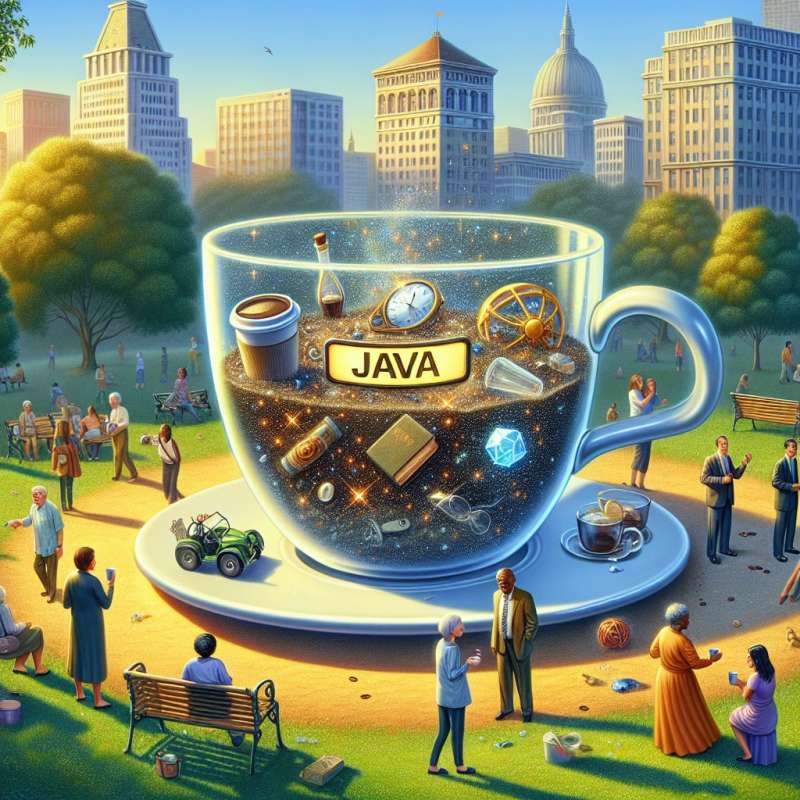
Java and Pointers
Unlike C/C++, Java does not have pointer syntax. However, it uses references for objects, which are similar to pointers but with restrictions to ensure security and simplicity in handling objects.
Understanding Object References
In Java, when you manipulate an object, you're using a reference to it. References point to objects' memory locations, but you cannot perform arithmetic on them like pointer arithmetic in C/C++.
Reference Assignment Nuances
Assigning one reference to another doesn't copy the object, but creates an alias. Both references now point to the same object, and changes through one reference are visible through the other.
Garbage Collection and References
Java automates memory management using garbage collection. Objects without references are marked for garbage collection, which frees memory automatically, preventing memory leaks.
Null Reference Concept
A reference can be set to 'null', indicating it does not point to any object. Attempting to use a null reference by calling methods or accessing fields results in a NullPointerException.
Pass-by-Value Confusion
Java is strictly pass-by-value. For objects, the reference value is passed, not the object itself, often leading to a misconception that Java is pass-by-reference.
References in Method Calls
When a method is called with an object reference as an argument, changes to the object inside the method affect the original object, since both local and passed variables refer to the same instance.
Does Java support pointer syntax?
Yes, similar to C/C++.
No, but uses object references.
Only in special cases.
Company